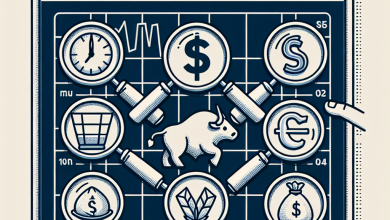
Why is China Hesitating on Stimulus Measures? Morgan Stanley Weighs In
China’s recent economic support measures have left many investors dissatisfied, as they were hoping for a more substantial stimulus effort. Analysts at Morgan Stanley pointed out that the government has limited capacity to implement extensive fiscal measures.
According to their latest analysis, China’s greatest economic challenge is the debt-deflation cycle, and there is a pressing need for the government to introduce more effective strategies to enhance consumption. They suggested that a support package of 10 trillion yuan (approximately $1.42 trillion) would be necessary to promote consumption and reduce excess property inventory.
However, Morgan Stanley emphasized that policymakers appear reluctant to pursue aggressive fiscal easing, largely due to high levels of public debt and declining fiscal revenues. The analysts noted that the Chinese authorities seem to prioritize investment over consumption, a strategy that may exacerbate excess manufacturing capacity and contribute to further deflation.
The firm also pointed out that additional investments are likely to yield diminishing returns. Recently, Beijing disclosed various stimulus measures, including interest rate cuts, relaxed property restrictions, and increased liquidity support for the stock market. The government reaffirmed its aim to meet a 5% growth target for the year, following disappointing economic performance in the previous quarter.
Despite these measures, investor expectations for more focused fiscal support remain unmet. In response, the Chinese finance ministry announced plans for a briefing this weekend to discuss further fiscal stimulus initiatives.
Morgan Stanley predicted that any forthcoming fiscal measures would offer limited immediate relief. They suggested that an optimal scenario would involve policymakers targeting GDP growth between 4% and 4.5%, while concentrating on revitalizing consumption and bolstering the property sector. The analysts warned that under the current strategy, deflationary pressures in China are likely to intensify along with the debt-to-GDP ratio, leading to lower investment returns and negatively impacting corporate profits.
 GOOGL
GOOGL  META
META 


